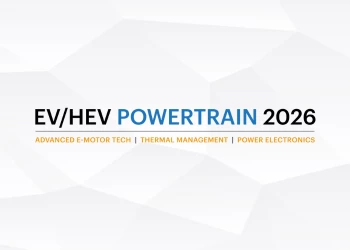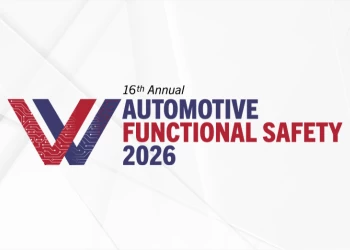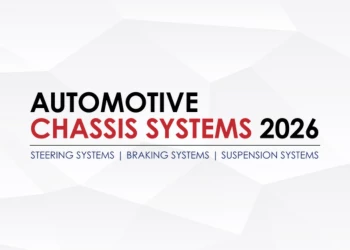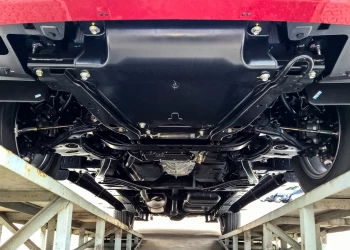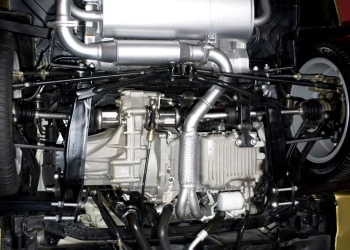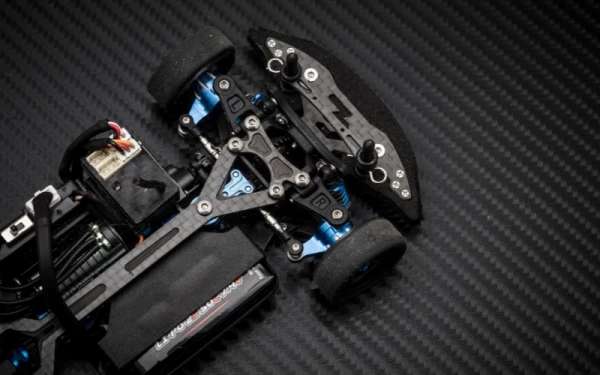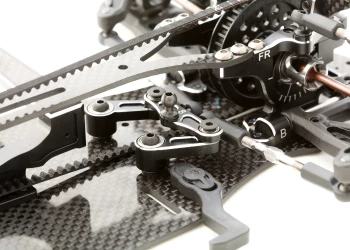Automotive Industry Faces: Conclusion to our Interview with Lotus Engineering's Phil Barker - How Can Alternative Powertrain Vehicles Gain Market Share?
Add bookmarkIn part 2 of our interview on thermal management with Phil Barker, Chief Engineer - Hybrid & Electric Vehicles at Lotus Engineering, the discussion turned toward controlling costs to give alternative powertrain vehicles an opportunity to gain a significant market share. This interview is part of our series: Automotive Industry Faces.
"The thing with electric vehicle technology is that it's scalable. So you can
design a vehicle with a low-powered electric motor for city use. The motors
can be scaled up to produce high-powered vehicles"
Automotive IQ: Shifting a little bit now towards recent news, given all the media attention to lithium-ion batteries in the airline industry, how do you keep public perception more toward the vehicle side?
P.B.: I think, from what I've seen, there's not been a detriment in public perception of these kinds of vehicles. The more vehicles that come on to the market is helping the situation. For example, the Tesla Roadster has around about 2,500 of those vehicles on the market now and also Nissan, Peugeot, Mitsubishi, Renault and others are in the marketplace, so with people actually seeing these vehicles going into production and being used, I think that is creating a positive perception rather than negatively looking at media reports of the batteries in the airliners, for example.
Automotive IQ: Certainly the term lithium-ion has become a household term?
P.B.: That's right and it's being used more and more in household goods. Power tools are generally now powered by lithium-ion batteries. It's a commodity item now in a lot of respects.
Automotive IQ: What do you think is needed for alternative powertrain vehicles and EVs to gain significant market share? Are high-performance EVs wishful thinking or reality?
P.B.: What's needed for a significant market share is to have available cost effective solutions. So really when you look at it, an EV, and a hybrid vehicle maybe less so because the battery pack is smaller, but the battery pack is the biggest, heaviest, most expensive component that goes into an EV and so to really gain a large market share the electric vehicle and hybrid, to a lesser extent, need to be cost effective. There's only a certain price premium that people are willing to pay and there's been lots of market studies about that. There's a price premium that people are willing to pay but going above that is not going to help gain a significant market share. So really the cost is the driver. The other aspect to it is that an OEM would need to make a vehicle that is cost effective but also important is the perceived quality of the vehicle. It needs to be at a quality level that the customer expects, that the customer has come to expect with conventional vehicles that are on the road now. That's the durability, the lifetime, those kinds of things are very big considerations when it comes to actually purchasing a vehicle.
Automotive IQ: Durability not in a charge per charge sense, rather in the lifetime of that battery?
P.B.: Yes, it's in the lifetime of the vehicle and this is why we see the OEMs producing EVs in the market putting on a warranty that you would expect to be a lifetime warranty. We're talking in terms of 100,000 miles or eight years worth of life that they are warranting the battery pack for. As a customer you'd expect not to have to replace the battery in a complete vehicle lifetime. There are things that we can do at an engineering and design level to mitigate the lifetime issues as well. Careful control of the operating window's rate of charge is one of the largest. The other is temperature. The battery lifetime is affected by temperature and so having a thermal management system to manage the working temperature of the battery will go a long way to making the battery live for the vehicle lifetime.
Automotive IQ: It really does come back to thermal management.
P.B.: Yes, that's right.
Automotive IQ: Lotus makes some very exciting cars. Do you foresee that this is a possibility to continue with EVs?
P.B.: That's right. The thing with electric vehicle technology is that it's scalable. So you can design a vehicle with a low-powered electric motor for city use. The motors can be scaled up to produce high-powered vehicles. The Lotus 414E demonstrator vehicles, for example, where you've got 300 kilowatts of electric drive system and therefore the battery pack needs to supply 300 kilowatts to give it the full performance of the vehicle. So, the technologies are scalable. Whether it's a small city car, whether it's a high-performance sports car or whether it's a heavy duty bus or truck, the technologies are scalable.
Automotive IQ: We're all excited to see what you all come up with.
P.B.: Good.
Automotive IQ: Thank you very much for the interview. Are you attending our conference on thermal management in June?
P.B.: No, I'm not coming to the conference. One of my colleagues is going to the conference actually. What we are looking at for the conference is to see what other people are doing in the world of thermal management for EVs at a design level. We have software systems that we use to predict or analyze the thermal behavior of a battery pack, so we can work at it from a concept level right the way through to actually building a battery and making it perform in a vehicle.
Automotive IQ: I hope your colleague learns a lot at the conference and makes some good connections as well.
P.B.: I'm sure we will.
In case you missed Part 1 of this interview click here

